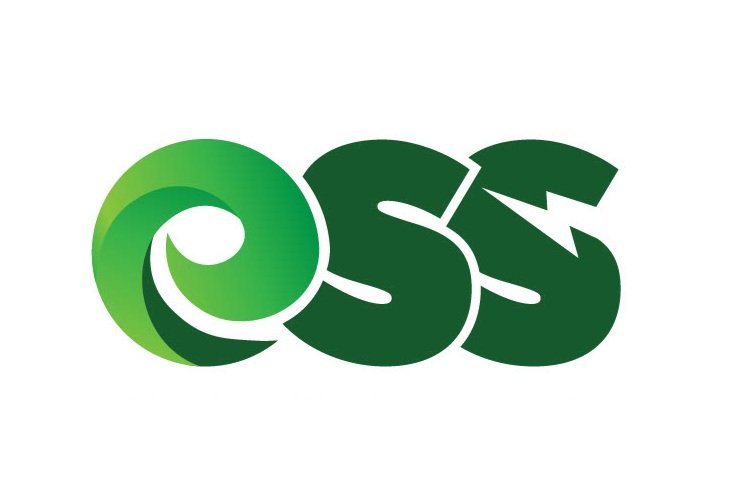The Synergy Between Solar Power and Water Preservation
Introduction
As environmental consciousness deepens, the interconnectedness of sustainable practices becomes increasingly evident. At ESS Solar, we're passionate about exploring these synergies. Today, we dive into the remarkable relationship between solar power and water conservation. Join us on a journey where harnessing the sun's energy not only generates power but also helps safeguard one of our most precious resources – water.
Understanding the Water Scarcity Challenge
Water scarcity is a global concern, affecting communities, ecosystems, and economies. Factors such as population growth, climate change, and inefficient water management contribute to this crisis. As the demand for water increases, finding innovative solutions that mitigate waste and optimize usage is essential.
Solar Power's Pivotal Role in Water Conservation
Energy for Water Pumping and Treatment
Water treatment and distribution systems are energy-intensive processes. Solar-powered systems offer an eco-friendly alternative, reducing the reliance on conventional energy sources and minimizing the carbon footprint associated with water infrastructure.
Agricultural Efficiency and Irrigation
Solar energy can power irrigation systems, enhancing water efficiency in agriculture. Drip irrigation, guided by solar-powered pumps, optimizes water delivery, reducing water wastage while ensuring healthy crop growth.
Desalination and Water Purification
Desalination, the process of converting seawater into freshwater, is energy-intensive. Solar-powered desalination plants offer a sustainable solution, utilizing the sun's energy to drive the purification process and alleviate freshwater scarcity.
Rainwater Harvesting and Solar Energy
Combining rainwater harvesting systems with solar energy creates a harmonious cycle of sustainability. Solar panels can power pumps that collect and store rainwater, providing a consistent water supply for various uses.
Off-Grid Water Solutions
In remote areas with limited access to water and electricity, solar-powered water pumping systems provide self-sufficient solutions, empowering communities to manage their water resources effectively.
A Brighter Future: Solar-Powered Water Innovation
The integration of solar power and water conservation extends beyond theory; it's a reality that's transforming communities worldwide. From solar-powered water purification in developing regions to sustainable agricultural practices in water-scarce areas, solar technology offers practical solutions to pressing water challenges.
Frequently Asked Questions (FAQs)
-
Solar power has a positive impact on water resources. Unlike fossil fuel-based power plants, which consume large amounts of water for cooling, solar panels require minimal water for maintenance, thus conserving this precious resource.
-
Solar power can save billions of gallons of water annually. For example, a 2019 study estimated that solar power in California saved 2.1 billion gallons of water over three years by reducing the state's reliance on water-intensive energy sources.
-
Yes, solar energy helps reduce water pollution by minimizing the need for fossil fuel-based power plants, which often discharge pollutants into water bodies. This contributes to cleaner rivers and lakes.
Conclusion
In the journey towards sustainability, the intersection of solar power and water conservation shines brightly. By harnessing the sun's energy to optimize water-related processes, we not only reduce our ecological footprint but also safeguard a vital resource for current and future generations. At ESS Solar, we're dedicated to championing these integrated solutions and creating a world where sun-powered innovation leads the way to a harmonious balance between energy and water.
Key Takeaways:
Solar power plays a pivotal role in water conservation by powering treatment systems and irrigation.
Solar-powered desalination offers a sustainable solution to freshwater scarcity.
The synergy between solar energy and water conservation creates innovative, practical solutions for sustainable living.
Related Articles
Disclaimer: The information provided in this blog post is for informational purposes only and does not constitute professional advice. Please consult with a qualified solar energy expert before making any decisions regarding solar installations.





